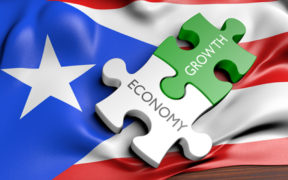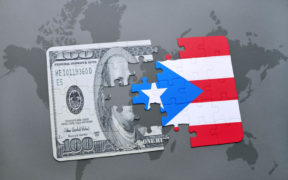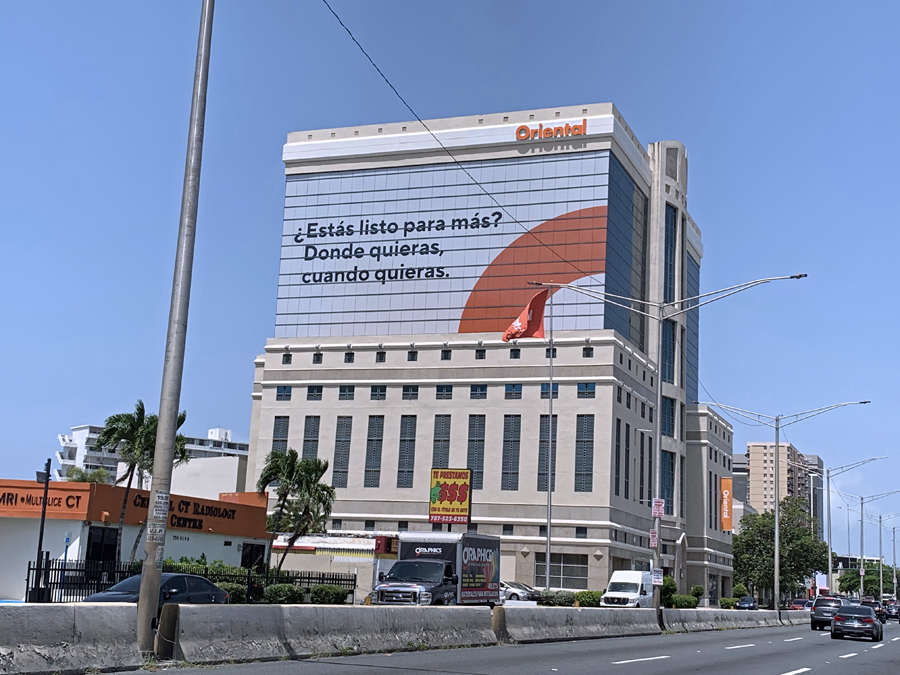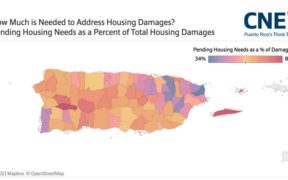
The U.S. Economic Census offers an overview of business and the economy at the national level every five years.

About a quarter of respondents have had to raise prices and still lack employees.

The group agreed that 2023 will be a year of challenges and opportunities.

The town unveiled a $3.3 million plan to launch “Taste of Guaynabo."

Airbnb commissioned Oxford Economics to explore the fiscal significance of the platform’s expanding footprint in Puerto Rico.

Puerto Rico is now poised for economic growth.

The current economic environment is also characterized by significant uncertainty and downside risks.

We begin our analysis by examining the top 6 U.S. Bank holding companies, part of the Birling Capital U.S. Bank Index. We discuss how each bank holding company’s stock has fared from Jan. 1 to May 9 and compared to the Dow Jones, S&P 500, and Nasdaq and how they have managed against the Birling Capital U.S. Bank […]

“The economy of disasters? Puerto Rico before and after Hurricane María,” present several suggestions for local and federal governments to reduce the negative socioeconomic impact left by natural disasters.

As the new year begins and faced with the uncertainty caused by the current local and global situation, the Center for a New Economy (CNE) has taken a look at what 2022 has in store. In the January edition of the CNE Review, which circulates today, its editor, Sergio M. Marxuach, addresses issues that will […]

The confirmation of Puerto Rico’s debt restructuring plan is one of several positive circumstances that is positioning the island for an economic rebound in coming years, but which will require unity between the public and private sectors. José Rafael Fernández, CEO of OFG Bancorp, said Puerto Rico’s economy is already in a “very different situation” […]

After a year of stabilization in the labor market and some economic sectors’ recovery following the dislocation caused by the COVID-19 pandemic, it is possible to expect a moderate economic growth of 2.0% by the end of fiscal year 2022, according to economic analysis firm Estudios Técnicos Inc. “The favorable performance of the Puerto Rico […]

The Center for a New Economy’s (CNE) Blueprint initiative presented a digital platform that helps identify and monitor the extent to which Puerto Rican families and households have been able to overcome the damages to their homes after Hurricanes Irma and María. Official government reports indicate that about a third of the housing units in […]

The rum industry could play a significant role in the recovery of Puerto Rico’s economy since it has a considerable impact on the treasury. Under the Federal Rum Excise Tax Cover-Over Program, every year excise taxes collected on Puerto Rican rum imported into the United States is transferred to the treasuries of the island. Since […]

We can all safely say that Puerto Rico’s great economic experiment began taking shape last year, marked by three extraordinary events. Our experiment starts with the earthquakes in the southern part of Puerto Rico that continues to affect thousands of lives from leaving children without schools to shuttering business to affecting the mental health of […]




NIMB ON SOCIAL MEDIA